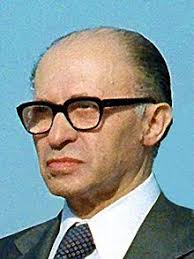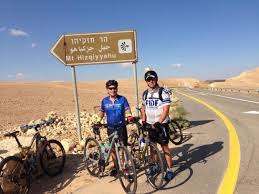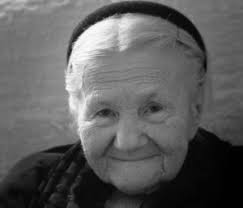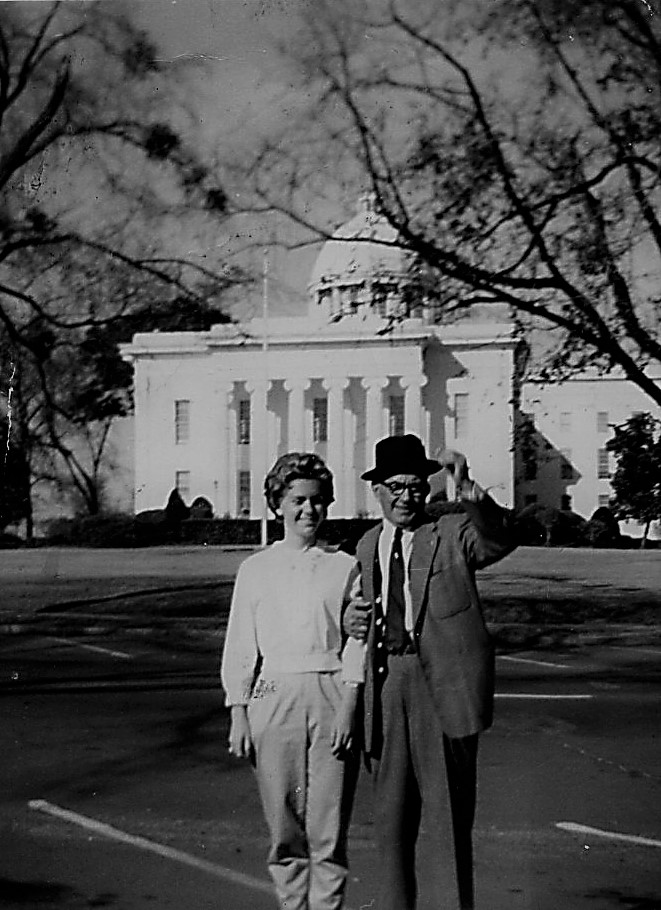Menachem Begin: Israel’s Most Jewish Prime Minister

In last month’s issue of the Where What When, I began the story of Menachem Begin, one of the great leaders of our people. To recap: Begin was born in 1913 and grew up in a shomer Shabbos home in Brisk. At age 13, he joined Betar, the youth movement of the Revisionist Zionists, and became enamored of Vladimir Ze’ev Jabotinsky, its founder. Jabotinsky believed that the Zionist leadership under Chaim Weizmann and David Ben Gurion was too weak and too passive. The Revisionists had the same ultimate goal as the mainstream Zionists, a Jewish state, but they were willing to achieve their goal by force, if necessary, rather than depending on the goodwill of the gentiles.
In 1940, the Soviet authorities arrested Begin for anti-Soviet and anti-Communist propaganda and sentenced him to eight years. Fortunately, as a Polish national, he was soon released as the result of a Soviet-Polish treaty. He joined the Free Polish Army and ended up in Palestine, where he spent two years working for the Polish Army while at the same time building relations with the Betar cells there. After being let go by the Polish army, he became head of the military organization Etzel, Irgun Tzva Leumi, or the Irgun.










